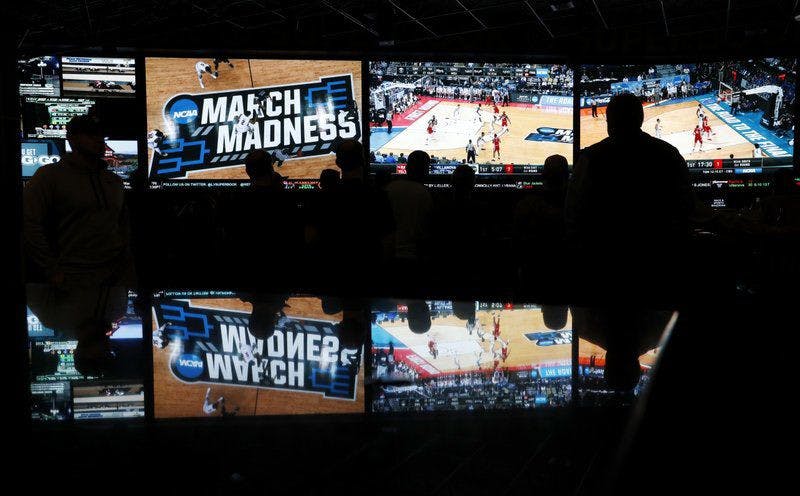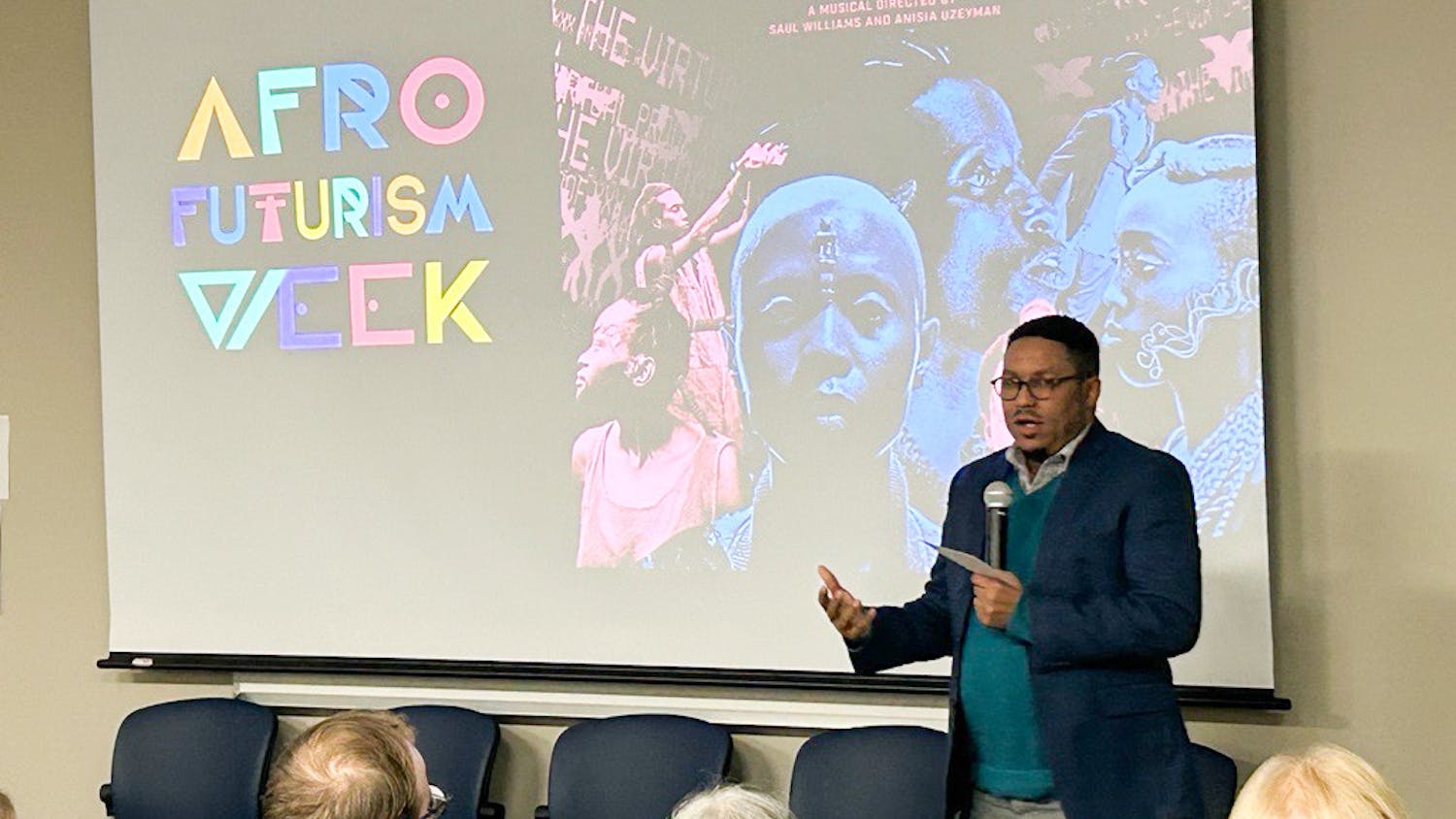
Gambling has now become legal across the United States.
Legal or not, sports gambling is everywhere.
It’s obviously in Las Vegas, Nevada, the stronghold of the sports-betting industry.
And it occupies a significant chunk of the underground economies in all the other states. That includes places like, well, Gainesville. Here, gambling can range from small, friendly cash wagers to untraceable online betting with cryptocurrencies and updating browsers.
But maybe this subterranean world of illegal sports betting will soon become a thing of the past thanks to the decision reached by the Supreme Court in Murphy v. The National Collegiate Athletic Association on Monday. In a 6-3 ruling, the court determined that the legalization of sports gambling will be up to the states to decide for themselves, striking down the Professional and Amateur Sports Protection Act (PASPA) passed in 1992.
“The legalization of sports gambling requires an important policy choice, but the choice is not ours to make,” Justice Samuel Alito wrote for the court majority. “Congress can regulate sports gambling directly, but if it elects not to do so, each state is free to act on its own.”
This is exciting news for all states not called Nevada — which became the only state to allow single-game wagering after the 1992 law was passed. Because sports betting finally has the opportunity to crawl out of its illegal, and sometimes dangerous, hole and into a regulated, revenue-generating home.
For a city like Gainesville, where gambling occurs side-by-side with collegiate athletics, government regulation can mean the end of student bookies and could potentially filter out any deep-seeded corruption that may or may not already exist.
And for states like New Jersey, whose casinos have struggled to compete with those in surrounding markets, legalization of sports betting means positive economic impact for casinos as well as meaningful tax revenue for the state itself.
Of course there are those in support of PASPA, like former New Jersey senator and former New York Knick Bill Bradley, who argued that allowing open betting on games jeopardizes the integrity of American sports. But regardless of federal regulation of sports gambling, it will continue to happen legally in Nevada and illegally in every other state.
So, I pose this question to those with similar convictions as Bradley: Does federal restriction of gambling really give sports more integrity, or should we allow Americans to gamble with more integrity?
Mark Stine is the sports editor at the Alligator. You can follow him on Twitter @mstinejr and contact him at mstine@alligator.org.





